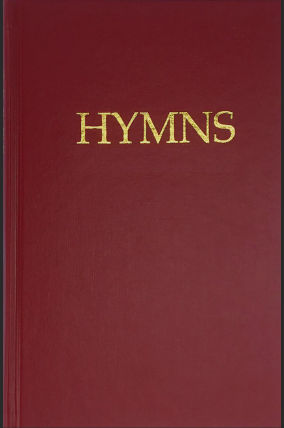 Click on the song's name to view the written lyrics for the hymn. If there is a video link, then clicking on it will reveal the lyrics and the music in a presentation of slides so that you can sing to the presentation with the music. It is assumed that all the songs below are in the public domain or that we have permission. If you are the owner of the song rights and feel this is in error, contact the website provider through the contacts link at ChurchProvider.com. Click on the song's name to view the written lyrics for the hymn. If there is a video link, then clicking on it will reveal the lyrics and the music in a presentation of slides so that you can sing to the presentation with the music. It is assumed that all the songs below are in the public domain or that we have permission. If you are the owner of the song rights and feel this is in error, contact the website provider through the contacts link at ChurchProvider.com.
Love, Grace and Assurance
1
Amazing Grace
Music by Excell, Edwin O.
Lyrics by Newton, John
1
Amazing grace! How sweet the sound,
That saved a wretch like me!
I once was lost, but now I’m found,
Was blind, but now I see.
2
'Twas grace that taught my heart to fear,
And grace my fears relieved;
How precious did that grace appear,
The hour I first believed!
3
Thro' many dangers, toils and snares,
I have already come;
'Tis grace hath bro’t me safe thus far,
And grace will lead me home.
4
When we’ve been here ten thousand years,
Bright shining as the sun,
We’ve no less days to sing God’s praise,
Than when we first begun.
5
Praise God! Praise God! Praise God! Praise God!
Praise God! Praise God! Praise God!
Praise God! Praise God! Praise God! Praise God!
Praise God! Praise God! Praise God!
|